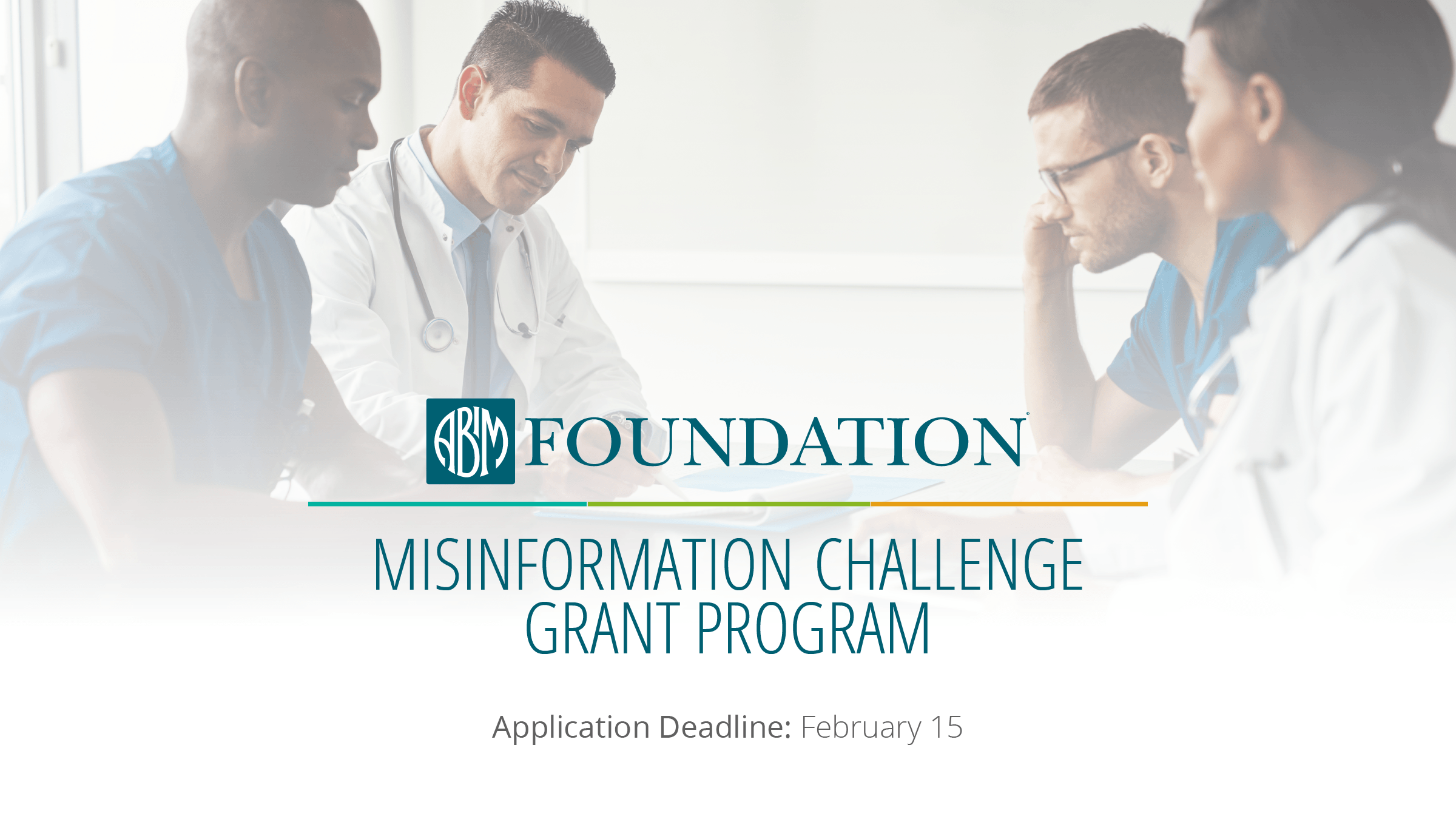Building trust is more important and more challenging than ever as our nation attempts to address years of injustice and inequities in health care. Building trust can be awkward when professionalism confronts grassroots savvy, and building trust can be uncomfortable when there are imbalances of power in terms of resources, access to decision makers, and control of activities.
But we have to move forward, experimenting with and acquiring lessons in building trust along the way. For the past 30 years, the Jewish Healthcare Foundation (JHF) has offered a unique brand of activist philanthropy to advance health care innovation, advocacy, collaboration and education in the interest of better population health. Among the most concerning issues locally are the alarming maternal health disparities that disproportionately affect people of color – particularly in the Pittsburgh region. JHF and its nonprofit operating arm, the Women’s Health Activist Movement Global (WHAMglobal), made a commitment to improve maternal and child health outcomes in the Pittsburgh region and across the Commonwealth of Pennsylvania, while amplifying the voices of pregnant women experiencing inequity. To achieve meaningful legitimacy in doing this, we had to assemble the right team. This provided an early challenge.
JHF built philanthropic partnerships to fund grassroots perinatal community-based organizations at the forefront of fighting maternal health disparities. And in 2019, JHF joined the inaugural cohort of the Merck for Mothers Safer Childbirth Cities Initiative, receiving a $1 million, multi-year grant to foster local solutions to help cities become safer, more equitable places to give birth.
With funding from the Heinz Endowments and Merck, through Merck for Mothers, the company’s $500 million initiative to help create a world where no woman dies giving life, JHF established the Pittsburgh Safer Childbirth City Community Fund, which awarded grants of $20,000 to community-based maternal health organizations that are trusted in their communities and have a clear mission toward improving maternal health outcomes for those they serve. These grants ensured that grassroots organizations could establish the platform needed to continue their work and promote maternal health equity in our region. They also built support for our leadership role.
We have moved forward with some tensions, and we are learning to moderate these as much as possible. WHAMglobal convenes health care systems and stakeholders through learning collaboratives, and offers ample opportunities to air opinions. We also established and lead the Pennsylvania Perinatal Quality Collaborative, designing equitable maternal health solutions and directly addressing the implicit biases in maternal health care.
We established a Full Court Press initiative to further advance key policies related to perinatal community health workers and doulas, midwives and the critical Women Infants and Children (WIC) program. JHF organized the 2020 Pennsylvania WIC Stakeholders Collaborative Summit, which identified strategies to reinvigorate the program in Pennsylvania. And in 2021, building on years of work advancing community health workers and doula-work, WHAMglobal convened a statewide advisory group to create more equitable access to doulas and to develop a statewide infrastructure to support the work of doulas and perinatal community health workers in the state.
While we have celebrated progress in this work, there is still much to be done and resolved. Hopefully we can continue to move forward with open communication among those with diverse opinions, and trust in our efforts to allow all voices to be heard respectfully. The COVID-19 pandemic has exacerbated many of these disparities, and our national response has demonstrated that many gaps remain to be filled. We believe that the most equitable solutions will come from respecting the patient experience of historically marginalized voices as we advance better program design, attract philanthropy and pursue policy reforms.
Karen Wolk Feinstein PhD is president and chief executive officer of the Jewish Healthcare Foundation (JHF) and its three operating arms, the Pittsburgh Regional Health Initiative (PRHI), Health Careers Futures, and the Women’s Health Activist Movement Global (WHAMglobal). Appointed the Foundation’s first CEO in 1991, she has made JHF and PRHI into a leading voice in patient safety, healthcare quality, health policy, and workforce issues.


